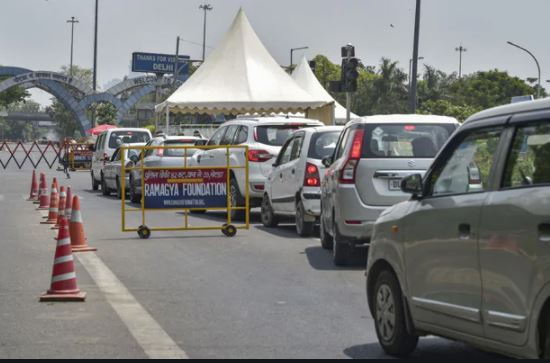Health
ICMR says no need for Covid-19 test for contacts of confirmed cases; know who needs to get tested and when?
ICMR in the latest guidelines said that contacts of those infected with Covid-19 are not required to undertake a Covid-19 test until and unless they are identified as high-risk based on age or co-morbidities.
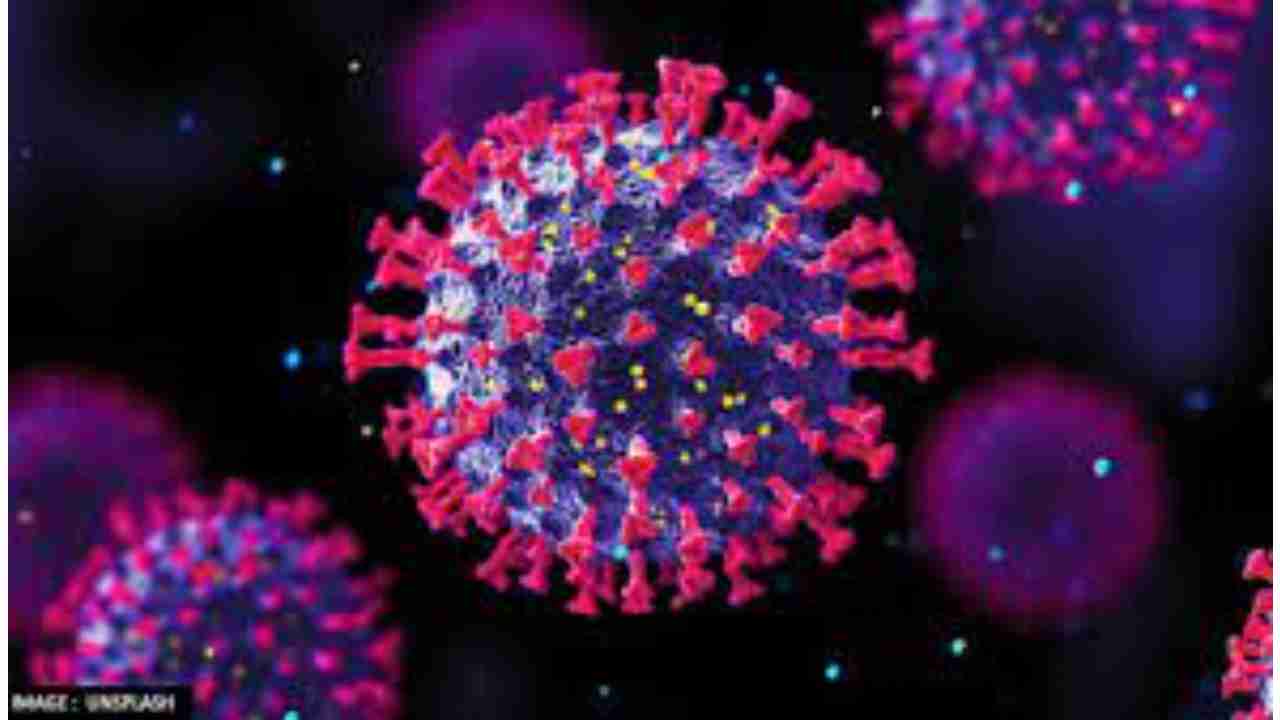
India is battling the third wave of coronavirus pandemic triggered by an Omicron variant. India is witnessing a major surge in Covid-19 cases with reporting nearly 2 lakh cases daily. According to the Health Ministry, the positivity rate has reached 11.05 percent.
With maximum people being isolated at home, the Indian Council of Medical Research (ICMR) has issued the guidelines for caretakers of Covid-19 infected people. ICMR in the latest guidelines said that contacts of those infected with Covid-19 are not required to undertake a Covid-19 test until and unless they are identified as high-risk based on age or co-morbidities.
It further said that people travelling inter-state via airways are also not required to undergo the Covid-19 test.
ICMR revised guidelines
For in-hospital settings, it stated that no emergency procedure (including surgeries and deliveries) should be delayed for lack of a test.
All arrangements should be made to collect and transfer samples to testing facilities, mapped to the health facility.
Asymptomatic patients undergoing surgical / non-surgical invasive procedures including pregnant women in/near labour who are hospitalized for delivery should not be tested unless warranted or symptoms develop.
Still have a doubt of when to get tested for Covid-19? Go through ICMR’s revised guidelines. Know who all are required to undergo the Covid-19 test, who are high-risk patients, and what are the symptoms you must consider for taking the Covid-19 test?
Who needs to get tested?
Asymptomatic people
Those who ended home isolation
Those discharged from the Covid-19 facility
At-risk contacts of Covid-19 people
People with symptoms such as cough, fever, sore throat, loss of taste and/or smell, breathlessness and/or other respiratory symptoms.
Those undertaking international travel
International travellers who are arriving at Indian airports, seaports, or other ports of entry.
Who are at high-risk?
Individuals aged over 60 years and/or having any comorbidities like obesity, hypertension, chronic lung or kidney disease, diabetes, etc., are considered to be at risk. The ICMR has also suggested that all symptomatic patients and at-risk contacts should get tested on a priority basis.
What are the available Covid-19 tests?
RT-PCR
Rapid Antigen Test (RAT)
Rapid Molecular Testing Systems
TrueNat
RT-LAMP
CRISPR
CBNAAT
Health
India registers 313 new Covid cases, active cases reach 2,041, 3 deaths recorded in last 24 hours
The currently available data suggests that the JN.1 variant is neither leading to an exponential rise in the new cases nor a rise in the hospitalization and mortality.
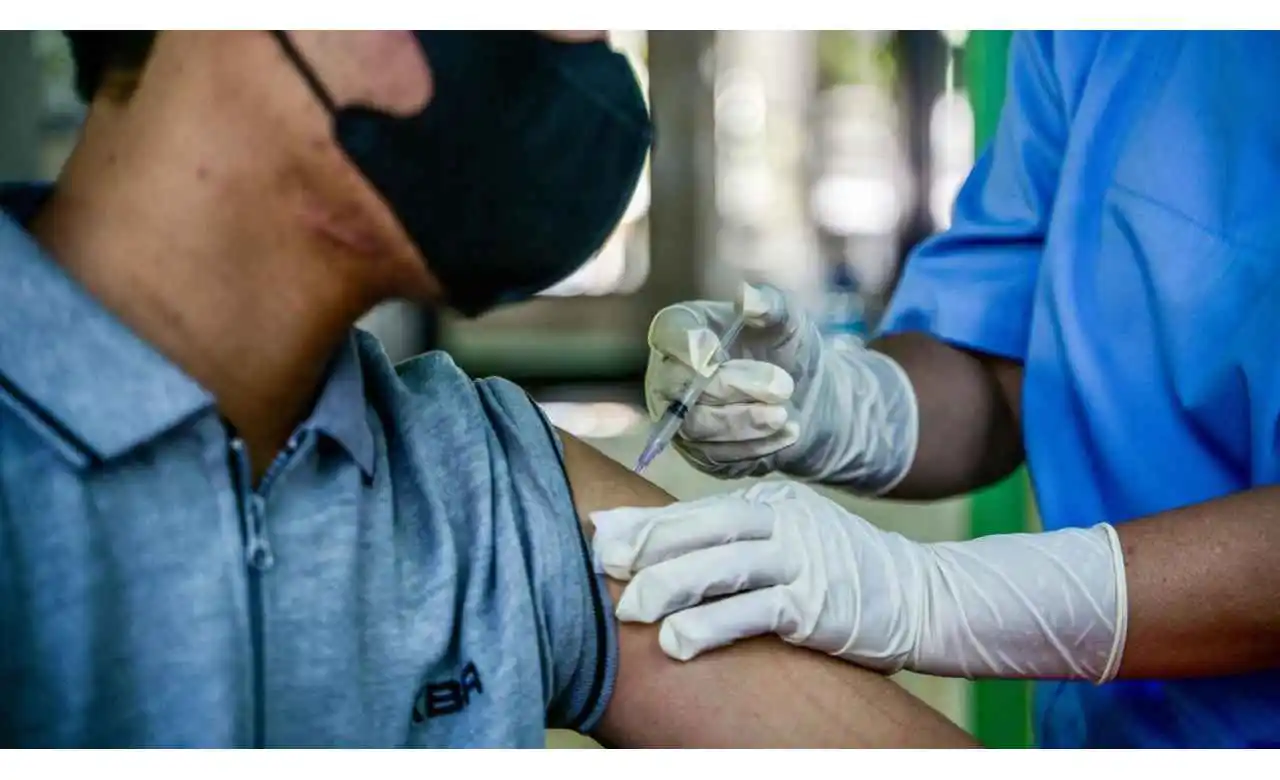
India saw a single-day rise of 313 new Covid cases, while the active caseload has declined to 2,041, the health ministry said on Saturday. Three deaths: two from Karnataka and one from Maharashtra were reported in the last 24 hours.
According to the ministry website, the number of active cases in the country stood at 2,331 on Friday. The number of cases of Covid had dropped to double digits till December 5, but it began to start increasing after the emergence of a new variant and cold weather conditions.
According to reports after December 5, the highest single day rise of 841new cases was reported on December 31, 2023, which is 0.2% of the peak cases reported in May 2021. Of the total active cases, a large majority of these (around 92%) are recovering under home isolation.
The currently available data suggests that the JN.1 variant is neither leading to an exponential rise in the new cases nor a rise in the hospitalization and mortality. India has witnessed three waves of Covid in the past with its peak incidence of daily new cases and deaths being reported during the delta wave in April June 2021.
At its peak, 414,188 new cases and 3915 deaths were reported on May 7, 2021. Since the pandemic started in early 2020, there have have been 4.5 crore people who have got infected and this has resulted in the death of 5.3 lakh persons in a total time span of four years.
According to the ministry data, the total number of persons who have recuperated from the disease are 4.4 crore with total recovery rate recorded is 98.81%. A total number of 220.67 crore doses of Covid vaccines have been administered in India so far.
Health
India registers 605 new COVID-19 cases and 4 deaths in last 24 hours
The number of people who have recovered from the disease has gone up to 4,44,81,341, an increase of 648 since Sunday morning. In Kerala a 70 year-old male with chronic obstructive pulmonary disease (COPD) and 81year-old male with T2DM and HTN, and in Karnataka, a 48 year old male with CA and TB died, while one person in Tripura succumbed to COVID.
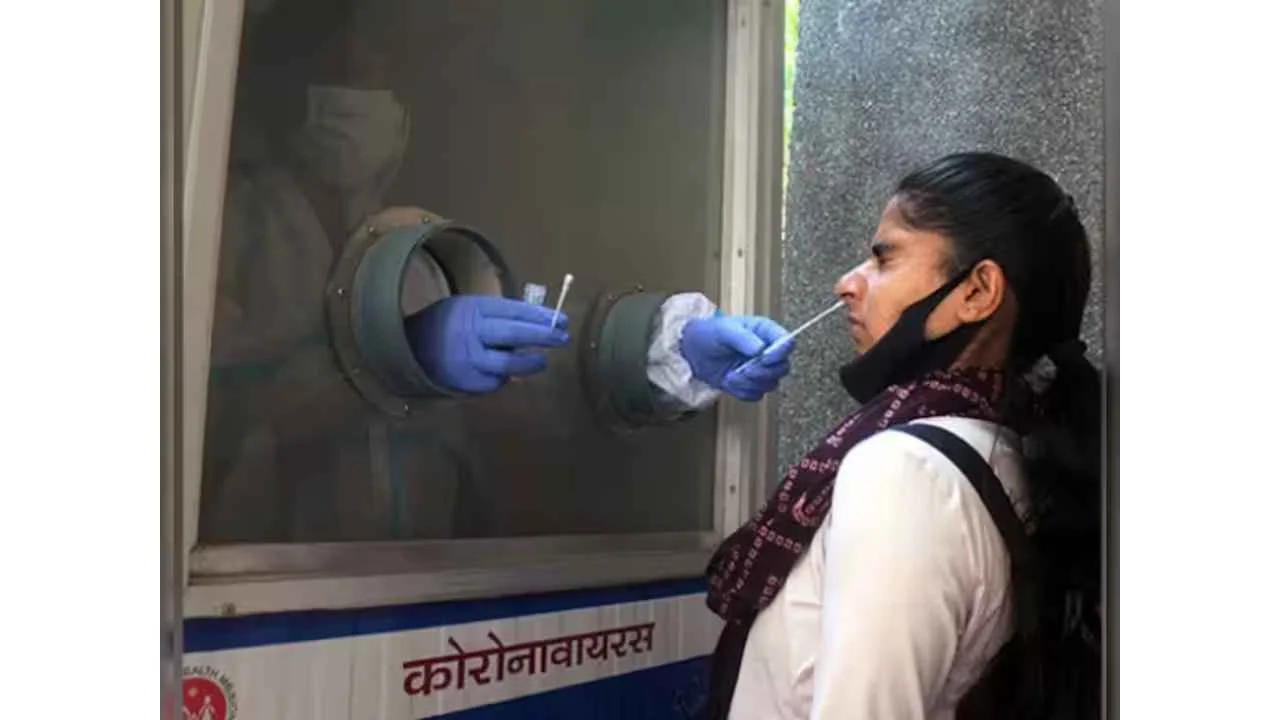
India recorded 605 fresh COVID-19 cases and four deaths in the last 24 hours. The active cases have increased to 4002, while India’s overall COVID case tally stands at over 4.5 crore (4,50,18,792). The death toll was recorded at 5,33,396 with four new deaths – two from Kerala and one each in Karnataka and Tripura – reported in the last 24 hours, the data updated at 8am stated.
The number of people who have recovered from the disease has gone up to 4,44,81,341, an increase of 648 since Sunday morning. In Kerala a 70 year-old male with chronic obstructive pulmonary disease (COPD) and 81year-old male with T2DM and HTN, and in Karnataka, a 48 year old male with CA and TB died, while one person in Tripura succumbed to COVID.
The Indian Council of Medical Research (ICMR) reported that 11,838 doses of the vaccine had been administered in the country till January 7. The data is a compilation of the Integrated Disease Surveillance Programme (National Centre for Disease Control), media bulletins and websites of various states at 8am on January 4.
As the winter season sets in, health experts are highlighting a sudden surge in viral infections, influenza, and COVID-19 cases. Dr Nikhil Modi, a senior pulmonologist at Indraprastha Apollo Hospital, pointed out that the decrease in temperature leads to increase in moisture in the air, low wind speed and also causes an increase in pollution levels. This contributes highly to various infections.
Due to the decrease in temperature the fog combines with the pollution in the air which further leads to the formation of smog. This condition of the atmosphere can cause different types of infections and difficulty in breathing. Both the state and the central government are keeping a close watch on the new Omicron Subvariant JN.1. J.N.1 is a Variant of Interest (VOI) which is under intense scientific scrutiny.
Health
India records 774 new Covid-19 cases, 2 deaths in 24 hours
The number of daily cases was in double digits till December 5 but it started to rise again amid cold weather conditions and after the emergence of new Covid-19 variant, JN.1.
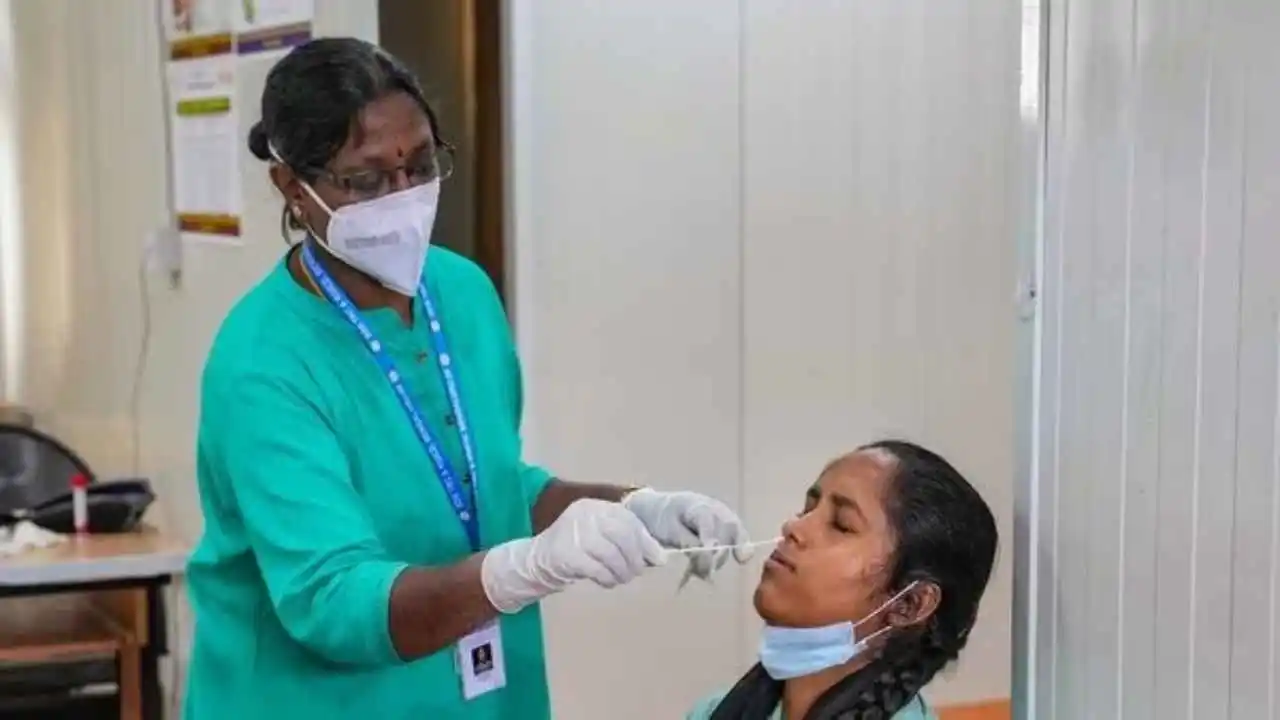
India on Saturday had a single-day rise of 774 Covid cases while the number of active cases stood at 4,187, the Union health ministry said. As many as two deaths – one each from Tamil Nadu and Gujarat were reported in a span of 24 hours. Of the 4,187 active cases, the majority (over 92%) are recovering under home isolation.
The number of daily cases was in double digits till December 5 but it started to rise again amid cold weather conditions and after the emergence of new Covid-19 variant, JN.1. The central government has asked the state government and union territories to maintain a constant vigil amid an upward trend in the number of Covid-cases and the detection of the JN.1 sub variant in the country.
According to reports after December 5, the highest single-day rise of 841 cases was reported on December 31, 2023, which was 0.2% of the peak cases reported in May 2021. A health official said that the JN.1 variant is neither leading to an exponential rise in new cases nor a surge in hospitalisation and mortality in the country.
The Karnataka government has made the Covid test mandatory for those with Influenza like illness (ILI) or Severe Acute Respiratory Illness (SARI). Karnataka Health Minister Dinesh Gundu Rao said more than 7000 tests are being done every day and the COVID positivity rate is 3.82%. The positivity rate in the state has not come down yet.
He said those with symptoms are being monitored and tested. Those who are in isolation at home have been told to take extra care. He added it is expected that the trend of decreasing Covid cases may start next week in Karnataka. India has witnessed three waves of Covid-19 in the past with the peak incidence of daily cases and deaths being reported during the Delta wave during April-June 2021. At its peak 4,14,188 cases and 3915 deaths were reported on May 7, 2021.
-

 Cricket news14 hours ago
Cricket news14 hours agoIPL 2024: Kolkata Knight Riders beat Mumbai Indians by 24 runs
-
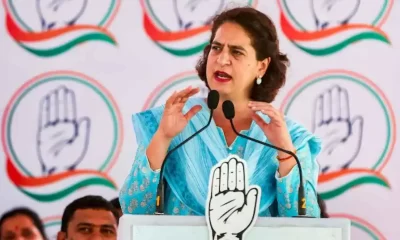
 2024 Lok Sabha Elections10 hours ago
2024 Lok Sabha Elections10 hours agoPriyanka Gandhi calls PM Modi a shahenshah who lives in castles and can never understand the plight of the common man
-

 LATEST SPORTS NEWS15 hours ago
LATEST SPORTS NEWS15 hours agoHamida Banu: Google Doodle celebrates India’s first woman wrestler
-

 India News11 hours ago
India News11 hours agoRahul Gandhi writes to Karnataka CM over Prajwal Revanna sex scandal, urges him to provide utmost assistance to the victims
-

 2024 Lok Sabha Elections8 hours ago
2024 Lok Sabha Elections8 hours agoFormer Delhi Congress chief Arvinder Singh Lovely joins BJP
-
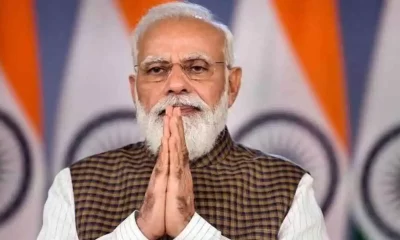
 2024 Lok Sabha Elections13 hours ago
2024 Lok Sabha Elections13 hours agoPM Modi raises national security pitch to attack Congress, says Pakistan now weeping and screaming for help under BJP rule
-
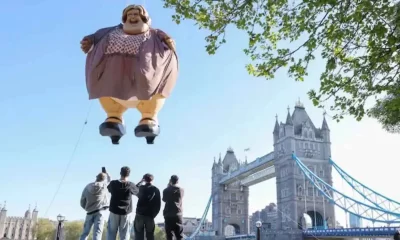
 Entertainment7 hours ago
Entertainment7 hours agoAunt Marge Dursley replica from Harry Potter floated in front of London’s Tower Bridge, video goes viral
-

 Trending5 hours ago
Trending5 hours agoViolent clash takes place at Karachi dhaba, video goes viral

